AlMinhaj Magazine Issue5
$9.99
Share this:
-
Description
Description
Contains beneficial articles on topics of the correct creed & methodology, Islamic jurisprudence, contemporary issues affecting the Muslims, and much more.
-
Additional information
Additional information
Weight .10 lbs -
Reviews (0)
Be the first to review this items Cancel reply
Related Products
-
B345 La Ilaha Illa Allah (Its Meaning, Its Conditions, Nullifiers And Virtues)
Aqeedah-Creed $14.00Verily, the foremost matter individuals should put to effect is:
To learn the purpose for which Allah created them, took the covenant upon them, sent His Messengers to them, sent down His divine scriptures. For this purpose, the worldly life, the Hereafter, the paradise and the hell-fire were created. Additionally, owing to this purpose, the Day of Judgement will be established, the scales of deeds will be set, the sheets of deeds will be scattered, and sorrow and happiness will be on that Day and on which light will be distributed.
Allah says,
“And he for whom Allah has not appointed light, for him there is no light.”
Allah instructs us that we are created to worship Him. The backbone and foundation of worship is Tawheed; with which all the Messengers had been missioned to proclaim, The simple profession that comprises Tawheed in its entirety is very short, copious of implications, and critically significant; it is:
“La ilaha ill Allah”204 pages
-
Gift for the Intellects in Explanation of the Three Fundamental Principles of Islam
Aqeedah-Creed, Learning-Studying $24.99This is why in all of the works of the Shaikh, whether small or large, you will find quote after quote from the Religious texts. Muhammad Ibn Abdul-Wahhaab is a much maligned and misrepresented Scholar. His adversaries, in his time and after expended much effort in spreading misinformation regarding his belief and methodology. Some ascribe to him extremism; others ascribe to him deviation in belief and creed. All of this are falsehoods easily repelled by the legacy of authorship that he left behind, which clearly show that he was neither an extremist, nor a deviant, rather his works show that he was a true traditionalist in the Path of the Messenger of Allaah and his Companions.
 (267) 428-1723
(267) 428-1723




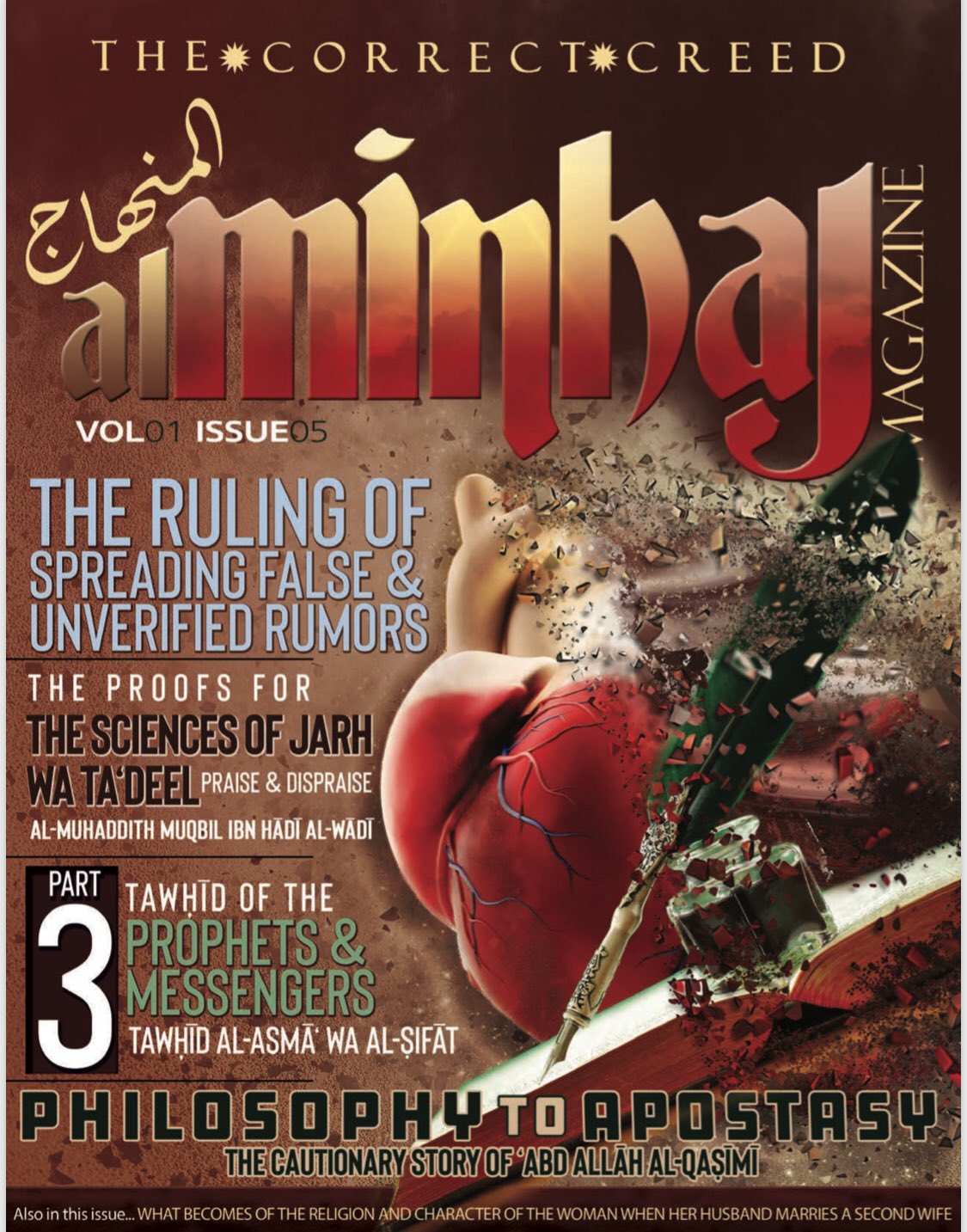
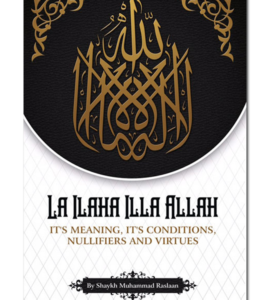
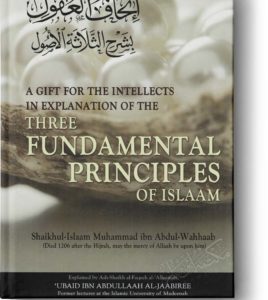



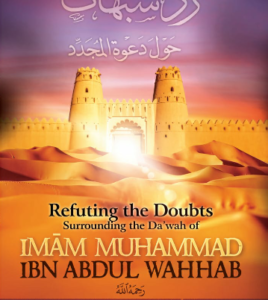
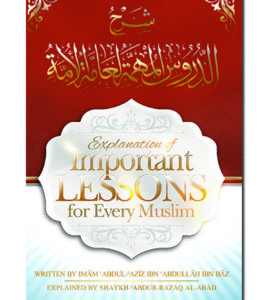


There are no review yet!